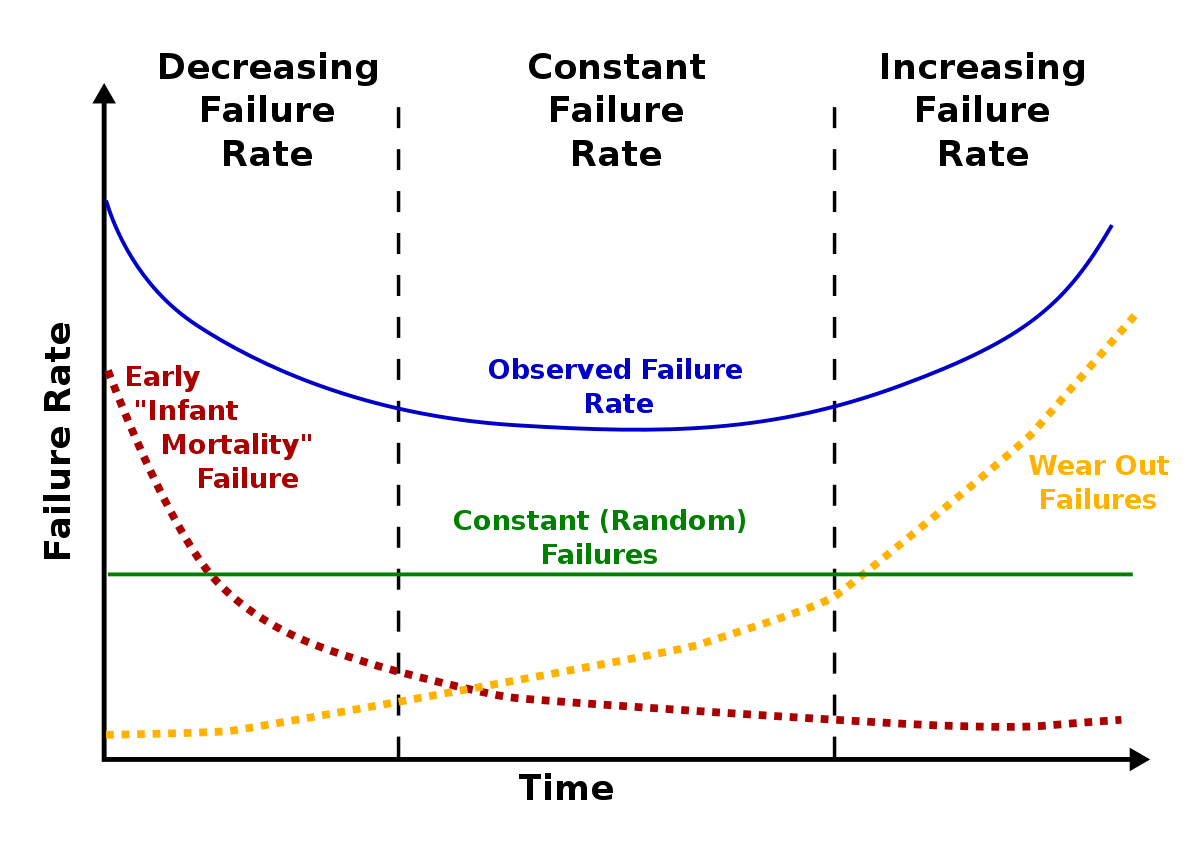Apple products won’t break down easily, and apple silicon are fast processors that can last at least 8+ years
Thanks to everyone who has replied up to this point… I just want you to know that I value your opinions, even if I don’t totally agree with them; but in this case and question, I don’t think I’ve read one reply yet that I totally disagree with.
Just like the post I am quoting and replying to here, I don’t disagree that Apple products won’t break down easily, and the M series Apple Silicon are fast processors… I don’t disagree with any of that. However, that said, I have been around a while, and have been an Apple advocate since their inception and have worked with, on, or even owned many of their models over the years… my first one, as listed in my signature, was literally the Classic… the one without the internal HDD and I had to boot it using floppy disks. I can’t remember the OS version, but it was without a doubt MacOS in it’s infancy. Over the years since I have had the opportunity to be part of and a member of a few different MUG’s and even was a sys admin for a MUG running a BBS where I managed a modem bank filled with 14.4k modems to start and oversaw upgrades to that all the way up to the 56k days… Anyone remember the FirstClass BBS’s? - what fun that was and the memories it brings - priceless. Doing that offered me the opportunity to get hands on experience to a very wide variety of the Macintosh computers and other Apple products, such as the way before its time, (iPhone prodigy) Newton. Needless to say, over that time I also got to experience what i would classify as junk produced and made by Apple too… some of their models and configurations were hideous at best and manufactured with lower quality components… so I’ve seen plenty of hardware failures in nearly every part of the computer. Some widespread that affected huge batches of computers, and some not so widespread. Failing HDD’s back in the day was not uncommon, and I would venture to say was very common… no matter who the vendor manufacturing them was over the years. Apple has also been extremely inconsistent and all over the board with its upgradeability and expansion capabilities of the products in its lineup. Some have been easy to upgrade and work on to expand, and some have down right difficult and almost as if Apple put in place booby traps designed to mangle the hands that dare go inside those boxes to remove and add something different for the purpose of upgrading and giving the customer more capabilities without the need or cost to buying a whole new system. Some people claim that Apple would purposely make RAM, and Graphic Card modules that had always worked fine in previous models, suddenly become incompatible with their next gen computers of the same model/type… So it’s been a love/hate relationship with their more tech enthusiast type of customer.
And now we have this… where things have changed once again to the point where the whole system is essentially locked down tight… even if the component is removable and not soldered onto the chipset, (such as the SSD’s in the Studio) its not upgradeable or repairable, and if you want more capabilities later down the road or something fails, then one is basically being forced into paying for a whole new system and paying the extorting prices Apple charges to increase the capabilities of these new computers with the M series SoC design. While some think that failures aren’t going to happen or be common with things such as the SSD’s and graphics processors, I suggest they are not giving the industries history of such as much importance as it maybe should be given… and thats not to leave without mention the owner of these very expensive products, not being able to improve them at their discretion. Nobody is asking for the ability to install “non-Apple certified” components… I have been on the sideline for a while now, ever since they rolled out the new SoC systems to see how this type of thing shakes out… with Apple almost playing games and thumbing their noses at the “prosumer“… look at what they’ve done to try and get out in front of the ”right to repair” movement for the iPhone’s and the “repair kits” they are supposedly making available to the general public to rent… it’s almost as if its a joke to them. I just don’t know how funny people are finding it though. The system I currently have has been in my end of life window for a couple years now… I am holding off to see how they treat these “pro” machines still running the intel chips and if they will give those customers who spend north of $7000 on their production computers…. Machines that have always been designed to be expanded and upgraded as time and newer technologies evolved… I guess we will see how that rolls out come sometime in the fall of 2022… and that may be the time when I purchase my last new computer system… or maybe not… my current system still serves me well, and have no reason to think it won’t continue to do so, for the foreseeable future… I usually refresh my systems every 4 - 6 years depending on whats in current lineups… I am in year 5 and in holding pattern. A wait and see!
Again, thanks for all the good replies to the OP… keep them coming. I don’t think this topic is going away anytime soon, especially if we start seeing and hearing about large amounts of premature component failures…






